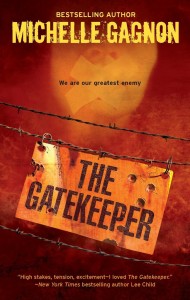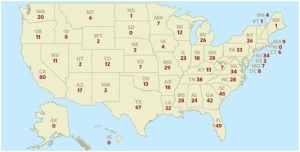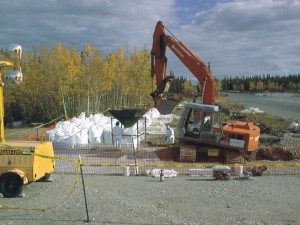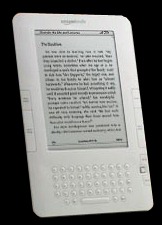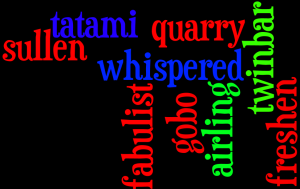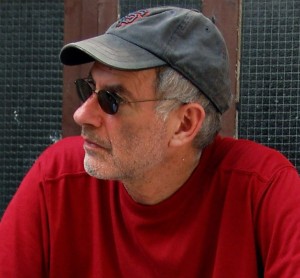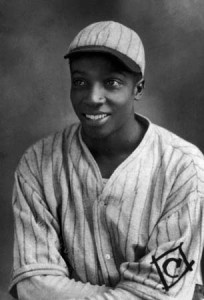John Ramsey Miller
You know how “old” guys are always giving advice, usually unasked for and often as not unwanted. I find myself doing that these days. In the fifteen years since I began writing fiction, I’ve picked up a lot of knowledge, mostly by stumping my toe on obstacles that I didn’t know were in my path until I tripped over them. I wish I had known then what I know now. You get published and you learn this one way or the other, or you don’t…
Here goes…
The first advice I would give soon-to-be, or newly published authors would be:
1) No matter how much your publisher loves your first book, they won’t tell you that they’d better love your second book even more, and then your third, and so on and so forth.
2) No matter how many critics love your first book or rave about how amazingly talented you are, don’t let it go to your head. Next week they’ll use pretty much the same words to describe another author. So, take a bow and go right back to work. More often that not, the worst thing that can happen to a new author is to have a first book really do well, or to get an award on their first book. Chasing an initial success is a lot harder for most people than building success one book at a time over time.
3) You are responsible for your career. Don’t depend on the publisher’s promotions department unless your book is looking like it will be a big seller. Publishers tend to put their promotion and advertising money where the return is most promising. This is true with most businesses, so don’t take it personally.
4) Don’t lose sight of the fact that your publisher is a corporation and as such is pretty much only interested in the bottom line. Corporations hate to lose money because their bankers and shareholders don’t like it.
5) Keep things in perspective. Remember that your book is one in thousands that are printed every year and every author is competing for the limited space in bookstores.
6) You are seldom as well known as you imagine you are. It becomes your job to reverse this by getting your name and the name of your book out there. Remember that memories are short and growing shorter all the time.
7) Listen to your editor and remember that he or she probably knows more than you do about the shape your book ought to be in and how you can best get it there. When you think you know more than your editor, you are more than likely wrong, or you should set about finding one you think knows more than you do. The first thing authors with bloated egos usually do is ignore their editor’s advice because they know their work and audience better than anybody. It’s possible, but unlikely. Maybe most editors can’t write a book, but they are usually in their position because they know when your piano is out of tune and how to get it in pitch.
8) Always assume an advance is all the money you’ll get from the publisher until you sell another book. And you should pay the taxman as you go.
9) Get to work on the next one immediately.
10) Don’t take your positive or negative reviews too seriously, especially Amazon reviews. It’s all very subjective, and negative people, wing-nuts, and haters (especially failed writers) seem to love slapping published writers around. On balance, it’s also a place where an author’s family, friends and supporters post their applause.
Okay, authors, any advice for new authors you wish you’d had the benefit of, or paid attention to?

